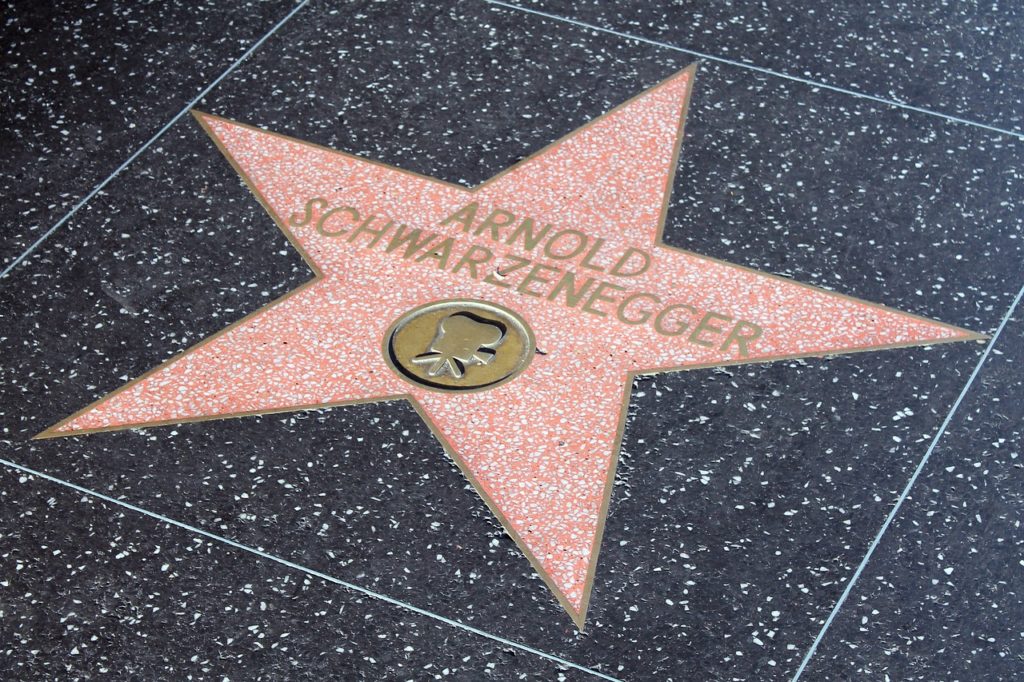I recently excavated an old piece from an archived hard drive that is suddenly relevant again… whether public charities can engage in activity around a recall election in California. This piece was published by Center for Nonprofit Management in their publication Nonprofit Prism on August 27, 2003. Since it’s not available online anymore, I’m republishing it here in its entirety. 2021 Tim would take a blue pen to this, but 2003 Tim was good with it.
Best Supporting Actors: Public Charities’ Important Role in the California Gubernatorial Recall
In the past, summers of odd-numbered years were more focused on vacations and sunshine than major elections. California’s summer of 2003 has turned conventional wisdom on its head as Governor Gray Davis faces an unprecedented recall election. Proponents championed a successful petition drive in July that has produced an October 7th election when voters will decide whether to remove the governor from office and, if so, elect his replacement. Because of the colorful participants, the campaign’s short time frame, and the power shift at stake, public charities are particularly positioned to play critical roles during the recall vote campaign.
Charities limited, but important
Tax law strictly prohibits charities from supporting or opposing candidates for public office. The outcome of the recall ballot will determine who will be governor for the remainder of the term, so charities cannot campaign substantively on either question. The bottom line is that they may never implicitly or explicitly give an opinion on the recall or any particular candidate.
Despite this limitation, charities can play an important role between now and October by taking on nonpartisan activities. With political groups focusing limited time and resources on the outcome of the election, charities can fill a vacuum in voter registration, nonpartisan voter education, and get-out-the-vote drives.
Voter registration
California’s favorable election laws allow residents who are U.S. citizens over the age of 18 to register to vote as close as 15 days before the election. This gives charities a unique opportunity to capitalize on the increased interest in the election. It is also a good time to remind people to register for an absentee ballot, which is available to all voters, whether or not they will be out of town, from early September to seven days before the election. Regardless of the type voter registration, charities may not support or oppose any candidate or otherwise suggest a position on the recall vote.
Educating the voters
Rather than shrink away from the law’s electioneering ban charities should embrace what it allows, taking on the role of providing nonpartisan candidate information. The IRS looks at all factors when deciding if voter education is nonpartisan, including the timing of the event or publication, and how it fits in with candidate speeches and advertisements. It is also critical that the presentation is non-biased and covers a broad array of issues to avoid showing single-issue favoritism for one candidate over another. Some possible voter education activities include:
- Setting up practice voting stations prior to Election Day to allow nervous first-timers a dry run;
- Producing nonpartisan voter guides that print candidates’ answers to a nonbiased questionnaire on a broad set of issues facing the state;
- Hosting nonpartisan candidate debates.
Although the campaign season is dramatically shorter than most, there is time for charities to plan these permissible activities if they act quickly.
Getting out the vote
The IRS approves of charities encouraging or helping people to vote, so long as they do not support or oppose any candidates. Charities may provide services to disadvantaged voters, such as rides to the polling places for people with disabilities, seniors or people without adequate transportation. They can also put out public service advertisements that generally encourage people to vote.
Role of a lifetime
Charitable organizations are uniquely qualified as community leaders to provide voters with important information and services for the recall election. This high profile election provides an exceptional opportunity for charities to serve the public interest. Like an actor in a film, charities may not take on a starring role in the recall election, but their important presence can make a substantial difference in their community and the election process.
